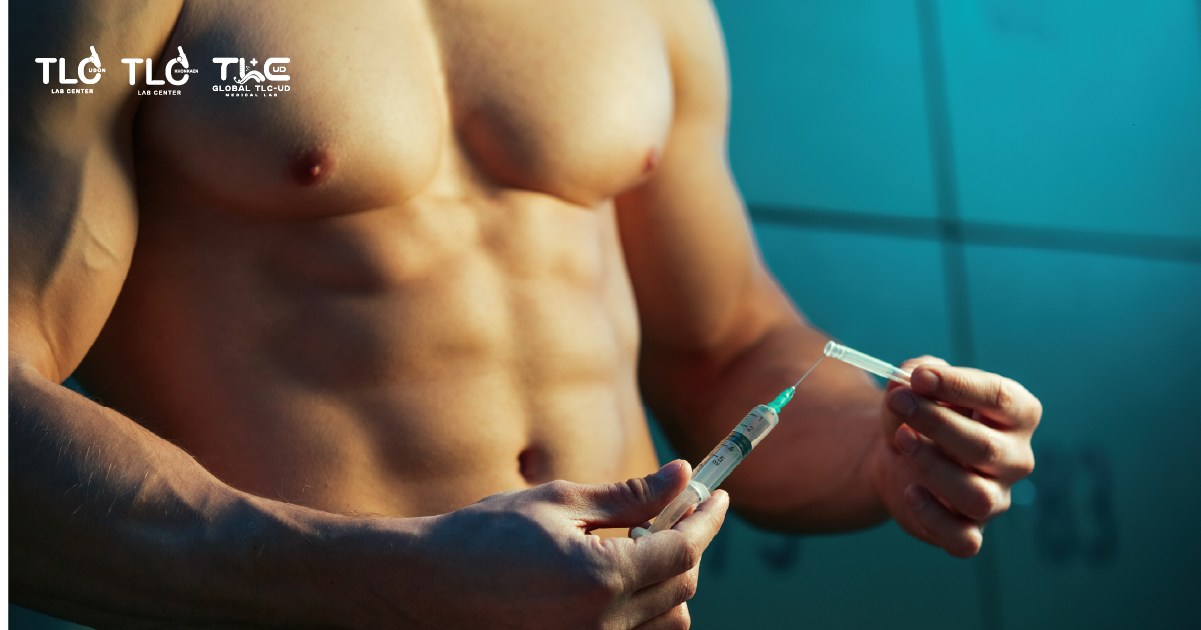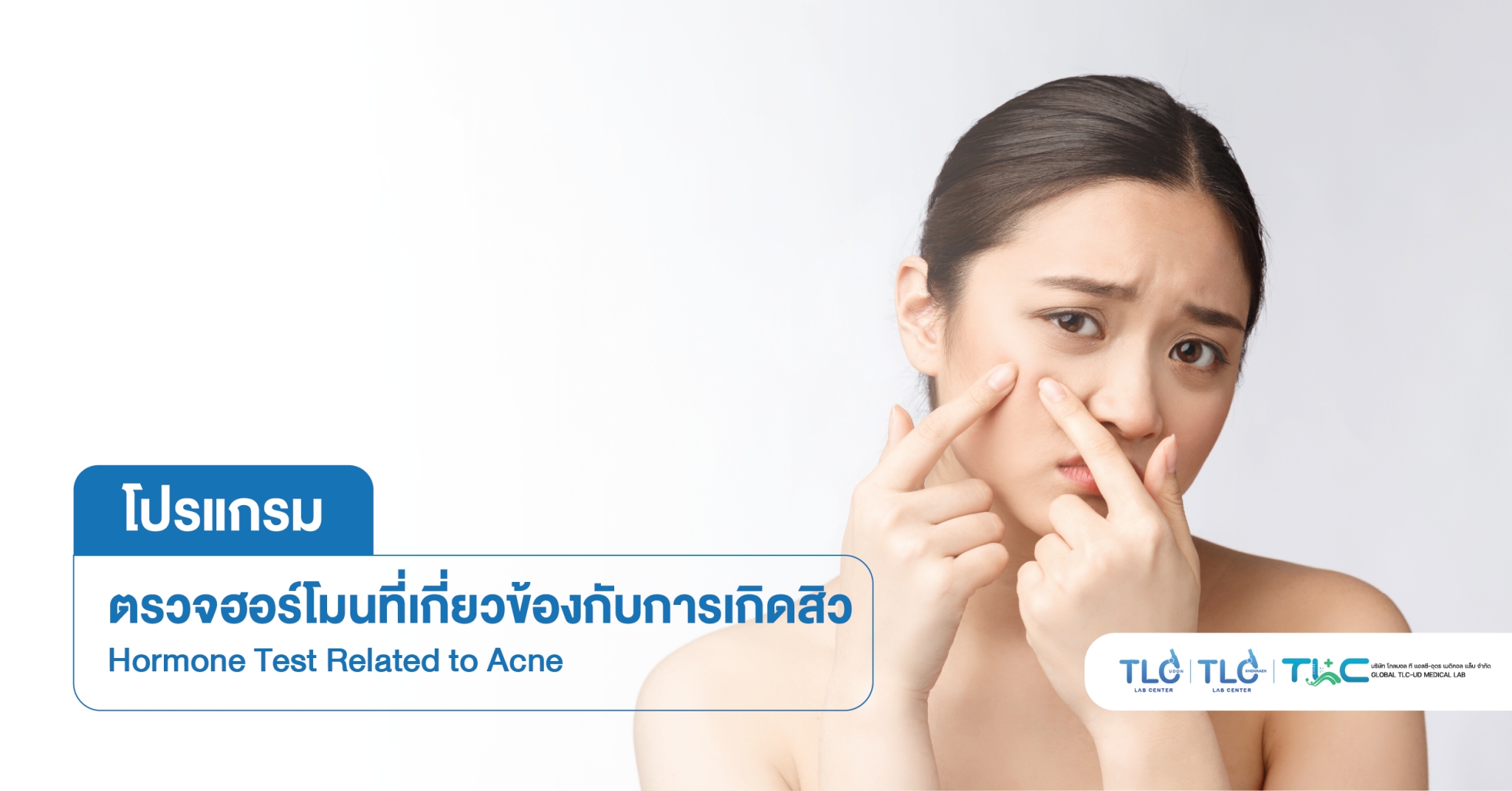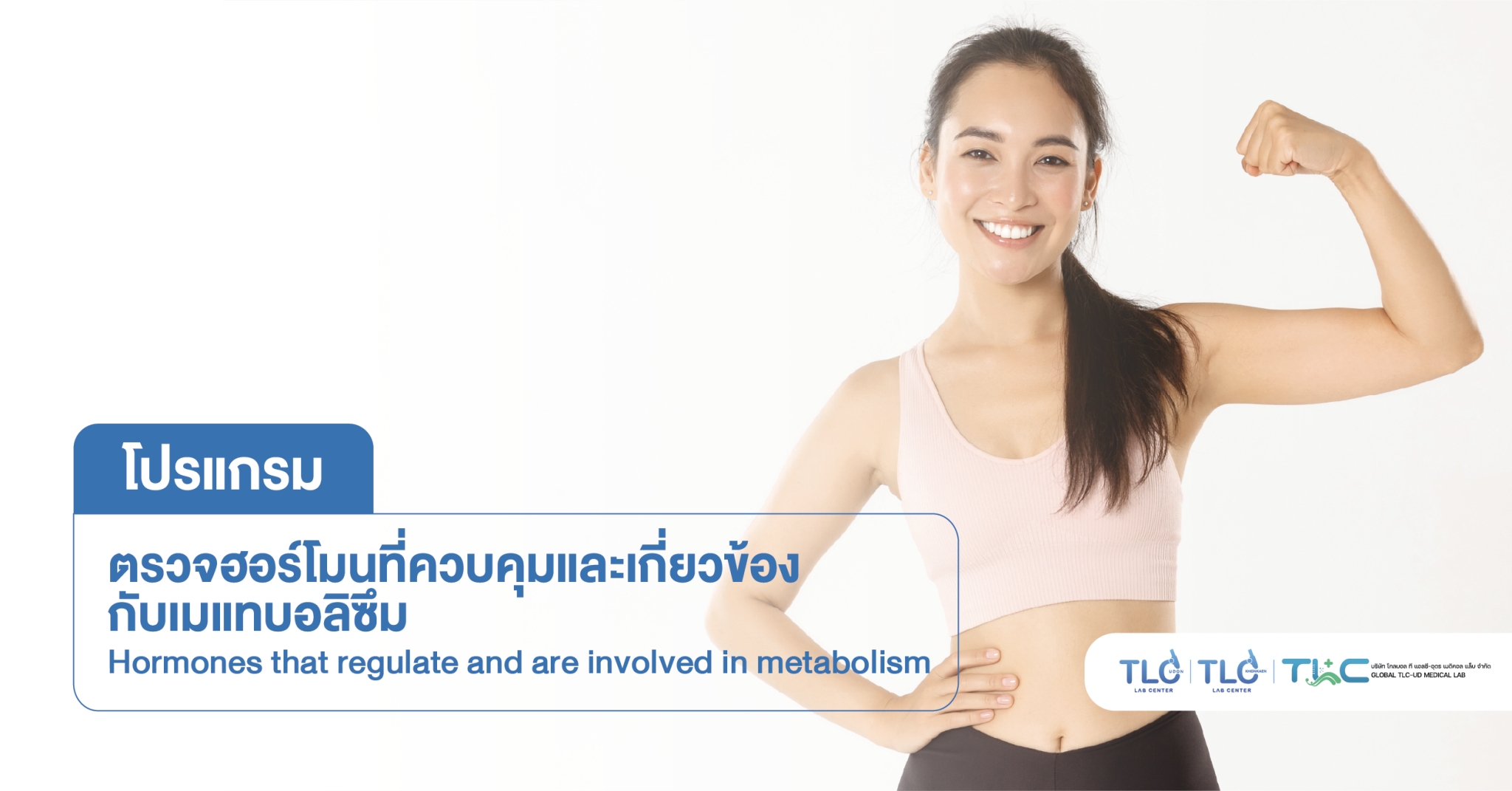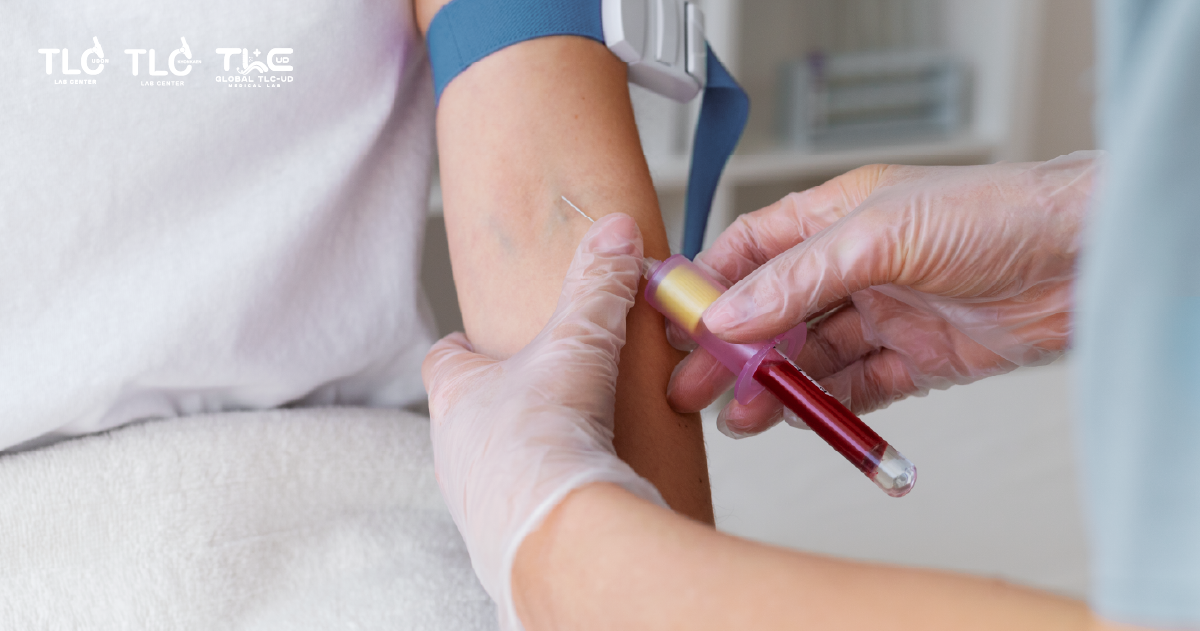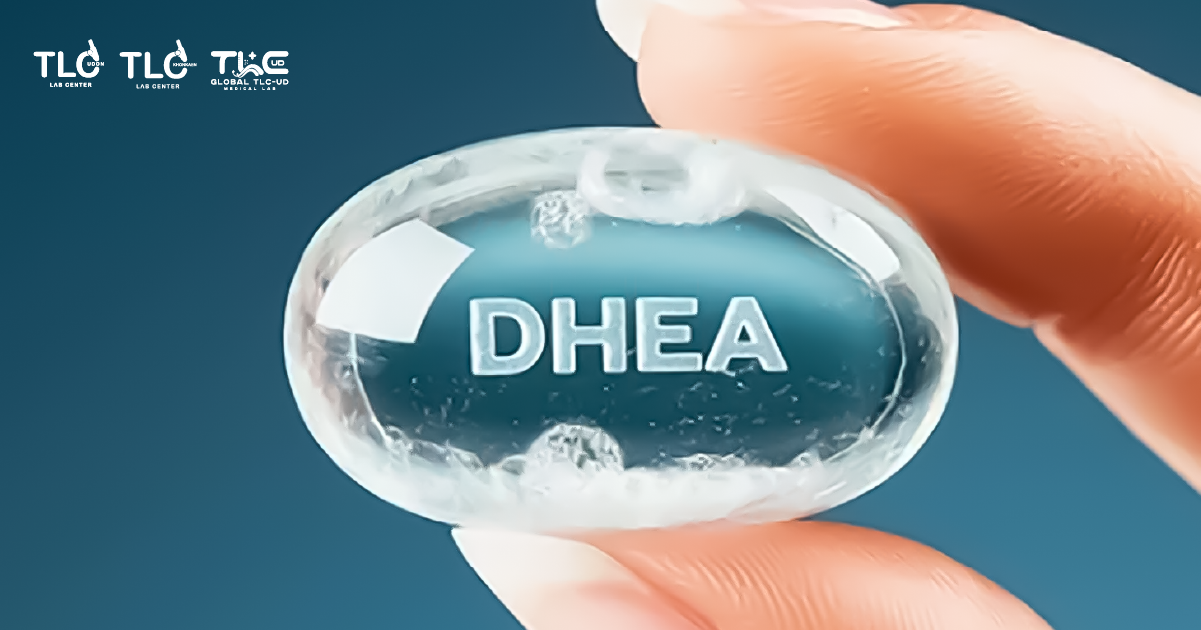Many people may be familiar with the male hormone known as testosterone. But did you know it plays a bigger role than most people think? Today, let’s take a closer look and understand testosterone in more depth
Testosterone is a male sex hormone
that exists in the bloodstream in two main forms:
- Total Testosterone
- Free Testosterone
Free Testosterone is the form that:
- Directly affects muscle growth
- Influences sexual desire
- Supports vitality
Understanding the balance between these two forms helps assess hormone health, athletic performance, and potential deficiencies.
Types of Testosterone
Testosterone can be divided into two types:
- Total Testosterone – which can be further divided into two subtypes:
- Testosterone + Albumin: This is testosterone bound to the protein albumin in the bloodstream. It is bioavailable and can be used by the body fairly well, although not as effectively as free testosterone.
- Testosterone + SHBG: This is testosterone bound to the protein Sex Hormone Binding Globulin (SHBG) in the bloodstream. This binding reduces the effectiveness of testosterone. Therefore, this is considered the least effective form.
- Free Testosterone – This is unbound testosterone, meaning it is not attached to any proteins and is the most easily utilized form by the body.

When Should You Test Each Type of Testosterone?
Total Testosterone:
- Used as a general screening test for testosterone deficiency or excess.
Free Testosterone:
- Serves as a good indicator for muscle development, libido, energy, mood, and erectile function.
- Helpful in evaluating conditions like male menopause (andropause), infertility, and metabolic disorders.
Factors That Can Lower Testosterone Levels
- Age: Testosterone naturally decreases with age, typically by 1–2% per year after age 30. This is partly because SHBG increases with age, reducing levels of free testosterone.
- Obesity
- Chronic illnesses such as diabetes or liver disease
- Inadequate sleep
- Stress
- Lack of regular exercise
- Frequent alcohol consumption or smoking
Preparing for a Testosterone Hormone Test
- No need to fast from food or drink before the test.
- Recommended testing time: between 7:00 AM and 10:00 AM.

